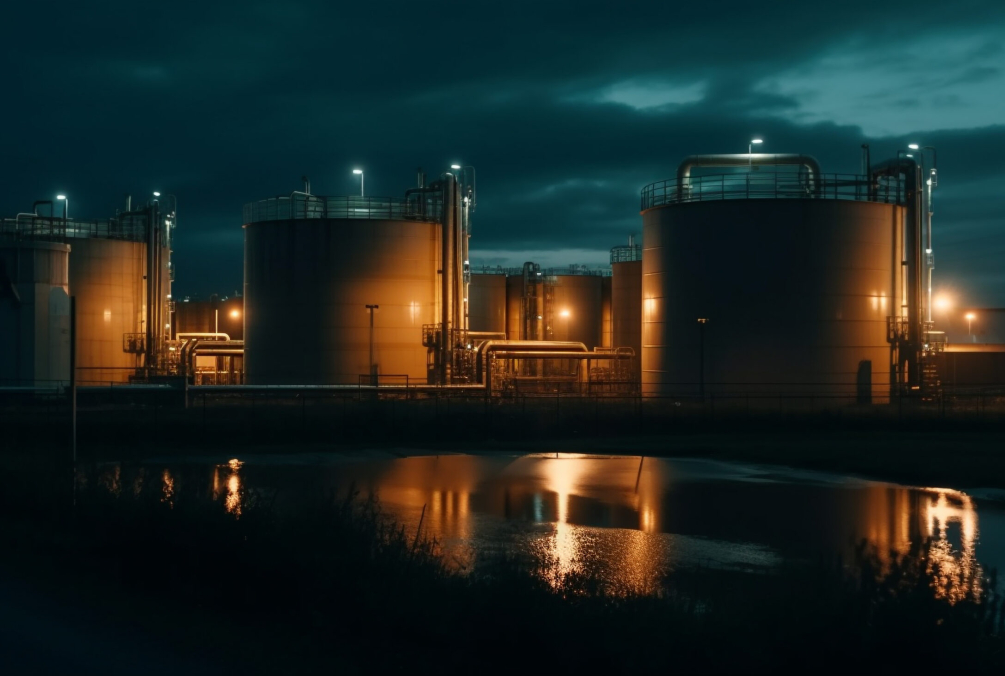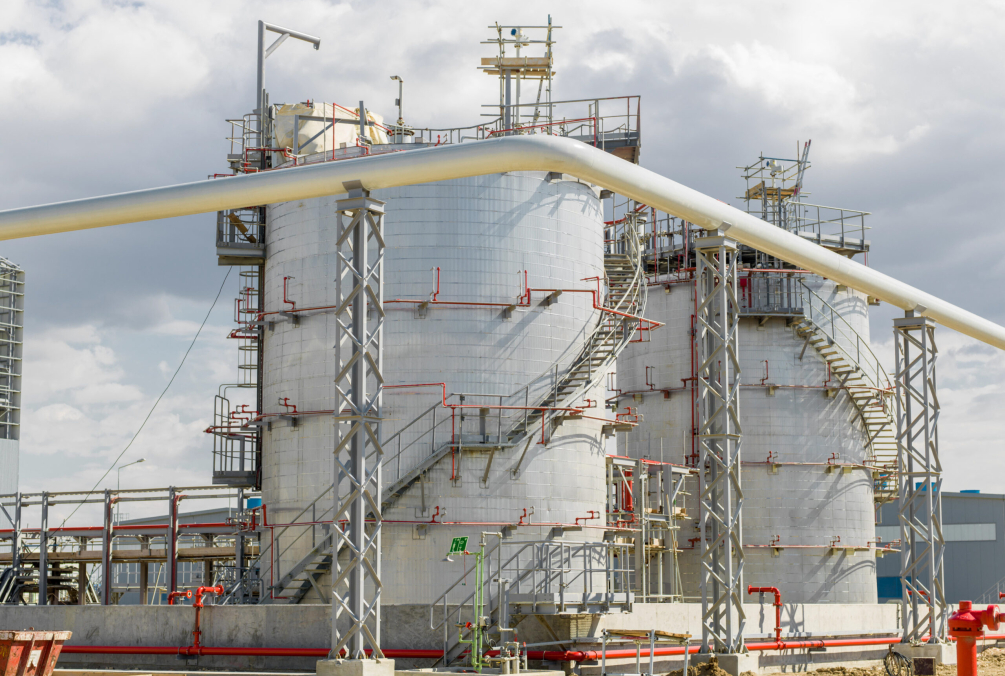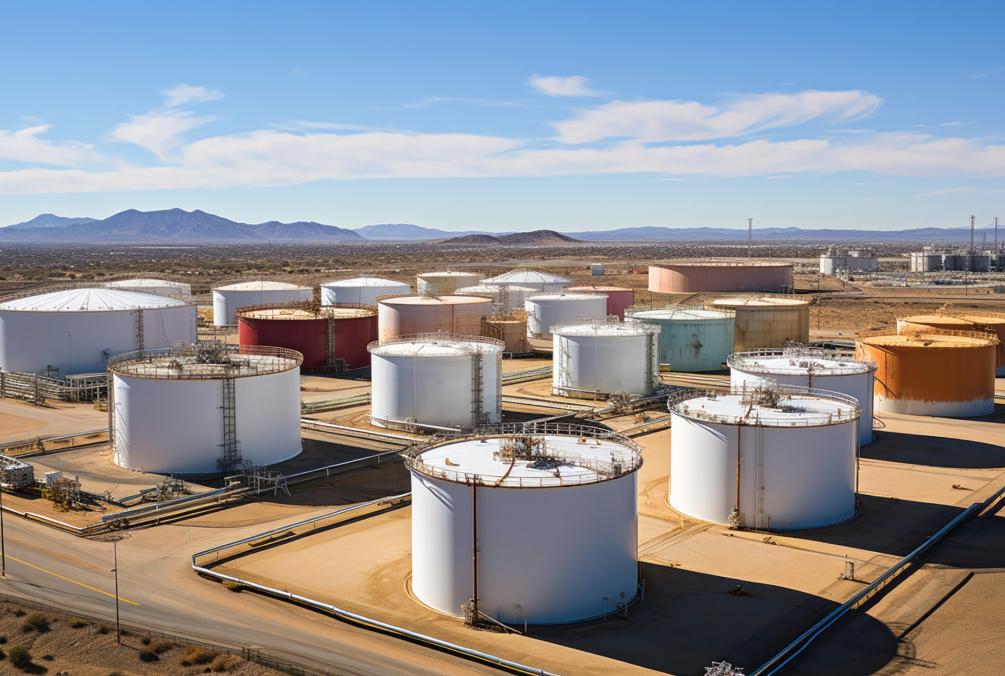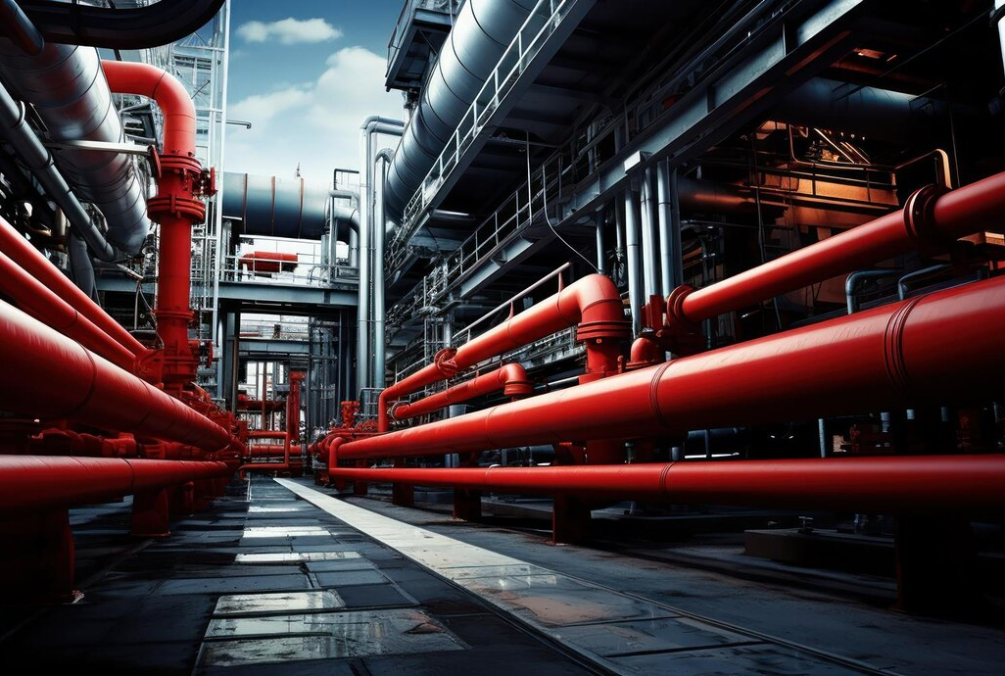Tank Storage Terminals
Euro Tank investment BV has terminals in key tank storage locations that are critical to our customers around the global network of tank terminals. Euro Tank investment BV is investing in 93.000 cbm state-of-the-art stainless steel large capacity of tanks for the storage of petroleum products and other hazardous chemicals. We operate widely variety of petroleum tank storage for consumer service. The new storage infrastructure will be fully isolated to allow for product temperature control and is designed to prevent any emissions to the environment. The new storage capacity connects seaborne trade flows via barges, block-trains and vessel transhipment to different destination.
Euro Tank investment BV is a multipurpose terminal in the Commercial Port with extensive range of utility services.

Asian terminal
The Port of China is among one of the largest port in china cover 105 square kilometrec (41 sq mi), the port of china now stretches over a distance of 40 kilometres (25 mi). Located in a favourable place and developed transport infrastructure. The port has a developed network of transport links with the part of Asian countries and in Europe and globally
Rotterdam terminal port
Euro Tank investment BV tank farm facilities subleasing at Rotterdam, Netherland and complies with the international standard directive, which means an extended safety management system audited annually by the local authorities. We elected to have a valuable system for all tanks storage capacities.
 Houston terminal port
Houston terminal port
We provides unsurpassed storage, transfer and distribution services. The Port of Houston is a cooperative entity consisting of both the port authority, which operates the major terminals along the Houston Ship Channel, and more than 150 private companies. Houston terminal is easily accessible for sea-going tankers, barges.
The Euro Tank investment BV International Ports Corporation is a state-owned storage company in globally that operates ports Terminals. Our tank farm facilities and terminals are strictly regulated and must comply with comprehensive requirements that govern everything from design, maintenance, and size of tanks; to safety measures including containment; to regulations for air quality and other environment permitting.





